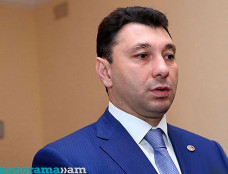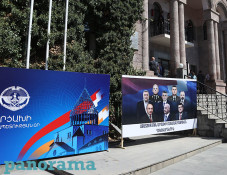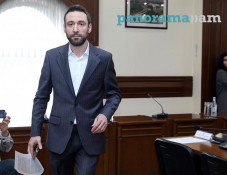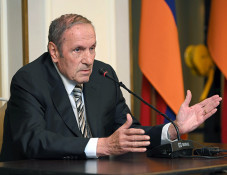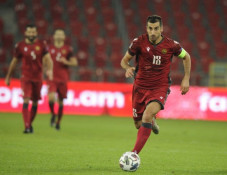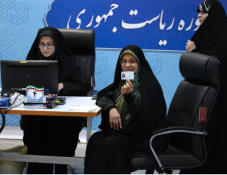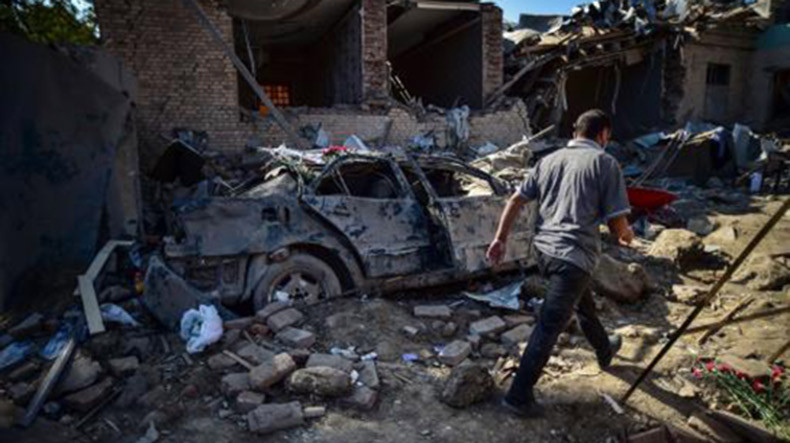
EU allocates additional €10 million to support those affected by the Nagorno-Karabakh war
The European Commission is today delivering on its pledge to contribute an additional €10 million in humanitarian aid, including some very early recovery to help civilians affected by the recent conflict in and around Nagorno Karabakh. As the Commission said in a press statement, this brings EU assistance to people in need, since the start of the hostilities in September 2020, to over €17 million.
Commissioner for Crisis Management, Janez Lenarčič, said: "The humanitarian situation in the region continues to require our attention, with the spread of the COVID-19 pandemic further exacerbating the impact of the conflict. The EU is substantially increasing its support to help people affected by the conflict to meet their basic needs and to rebuild their lives."
Commissioner for Neighbourhood and Enlargement, Olivér Várhelyi, said: "As pledged at the end of last year, we are today delivering additional assistance to the people most affected by the conflict. Our support will not stop there: the EU continues to work towards a more comprehensive conflict transformation and long-term socio-economic recovery and resilience of the region."
According to the source, the funding made available today will help to provide emergency assistance including food, hygiene and household items, multi-purpose cash and healthcare. It will also cover protection assistance, including psychosocial support, education in emergency and ensure early recovery assistance through livelihood support. The assistance will benefit the most vulnerable conflict-affected people, including displaced persons, returnees and host communities.
This additional funding will also ensure humanitarian demining in populated areas and provide mine risk education to affected people. All EU humanitarian funding is provided based on needs and in line with the humanitarian principles of humanity, neutrality, impartiality and independence, as enshrined in EU and international law. It is delivered in partnership with UN agencies, international organisations and NGOs.
Newsfeed
Videos








